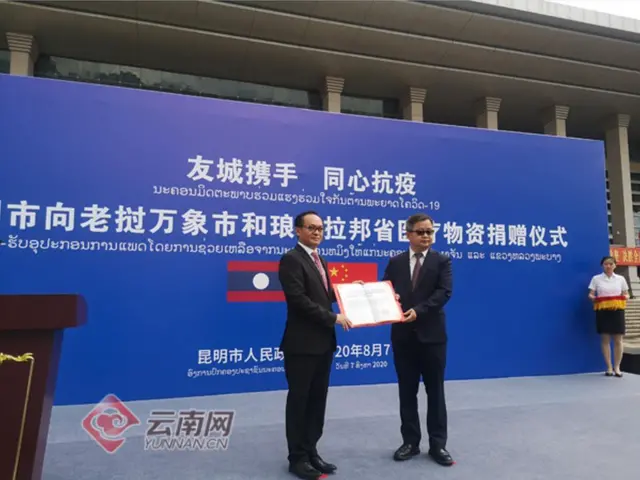U.S. investigators on Sunday unveiled their preliminary findings of the deadly plane crash at San Francisco airport that killed two Chinese teenagers and injured more than 180, as emergency settlement is also underway.
According to U.S. National Transportation Safety Board chairwoman Deborah Hersman, the Asiana Airlines Boeing 777, carrying more than 300 people, was flying significantly slower than the target air speed of 137 knots before it smashed into a seawall in front of the runway.
Information collected by the plane's cockpit voice recorder and flight data recorder shows that a stall warning was triggered by the low speed four seconds before the crash, and the pilot asked to abort the landing 1.5 seconds prior to the impact but it was too late.
The chairwoman also told reporters that one of the deceased teenage girls may have been run over by an emergency vehicle, but the cause of death will be further determined by autopsies conducted by the San Mateo County coroner's office.
San Francisco Mayor Edwin Lee said the injured people have been sent to nine hospitals near the airport after the incident, while forty-eight people remained in serious conditions.
The two 16-year-old victims, identified as Ye Mengyuan and Wang Linjia, were travelling with a group of middle school students and their teachers from Jiangshan, southeast of China, to take part in a summer camp in the United States.
After the breath-taking tragedy, the Chinese Consulate General in San Francisco has set up an emergency team to assist the Chinese passengers and coordinate with the local government on the aftermath of the crash.
Chinese Ambassador to the U.S. Cui Tiankai has talked to U.S. Under Secretary of State for Political Affairs Wendy Sherman, urging the U.S. side to properly resettle the related Chinese personnel and facilitate the families of Chinese victims to deal with the aftermath.
Chinese President Xi Jinping on Sunday expressed his great concern over the accident and sent condolences to the Chinese victims and their families.
He also instructed the Chinese embassy in the United States, the Chinese Consulate General in San Francisco, and the Chinese embassy in South Korea to work all out to accommodate the injured Chinese citizens and survivors, and meanwhile keep in close contact with the U.S. and South Korea.
On the South Korean side, Asiana Airlines President Yoon Yong-doo bowed and apologized over the crash landing at a televised press conference on Sunday.
"I am bowing my head and extending my deep apology" to the passengers, their families and the South Korean people over the crash, he said.
President Park Geun-hye also offered her condolences to the families of passengers and said her government would make all necessary efforts to help handle the aftermath.
Meanwhile, a Southern California school, which was supposed to host the summer camp, posted on its website that they will mark the loss by giving a prayer vigil on Thursday.
The U.S. aircraft giant Boeing company also extended its "deepest condolences" to the families and friends of those who perished in the accident in San Francisco, as well as its wishes for the recovery of those injured.
Boeing said it will join the U.S. National Transportation Safety Board at their request to provide technical assistance to their investigation.
The wrecked Boeing 777-200 is a twin-engine aircraft often used for continental flights because it can travel 12 hours or more without refueling.
An earlier notable accident involving a Boeing 777-200 occurred on Jan. 17, 2008 at Heathrow Airport in London, causing 47 injuries but no fatalities.
 简体中文
简体中文

